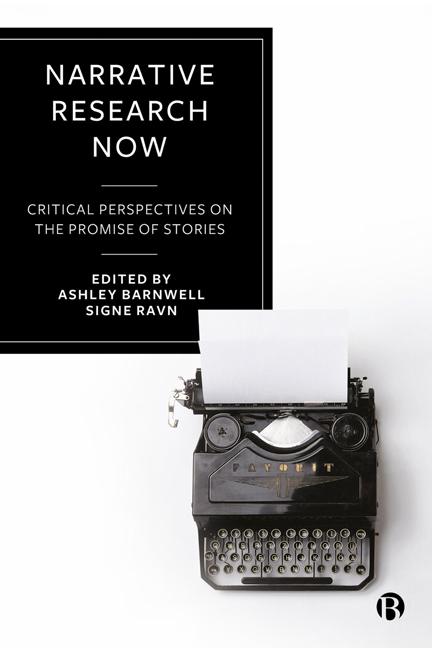9 - Narrating Women’s Life Histories: Voice, Audience, Ethics
Published online by Cambridge University Press: 28 March 2024
Summary
Introduction
In both scholarly and applied research on marginalised groups, there is a prominent focus on capturing and communicating life histories to illustrate the affective and other dimensions of people’s lived experiences and how agency is exercised and constrained. This is as much the case in anthropology, history and sociology as it is in critical gender and development studies concerned with identifying barriers around, and strategies women use for, improving their wellbeing and reducing gender inequity (Miller and Bell, 2012; Ellis, 2016). However, constructing and communicating such narrative forms carries an inherent tension for the feminist researcher when making ethical choices on minimising potential harms and sometimes unknown risks for research participants, honouring their desires on how their information is used, and adhering to open access principles. Open access research is not only important for participants in feminist research in owning and accessing the knowledge they have contributed to, but it is also frequently demanded by funding agencies and research institutions (Miller, 2012; Miller and Bell, 2012; Jones and De Breo, 2017).
How best to make ethical choices when conducting research and publishing analysis in the life history narrative form is not always easily foreshadowed, nor a process constrained to following the steps surmised in institutional ethics applications. Researchers need to respond to the ‘ethically important moments’ they encounter in practice, and not all risks may be known (Guillemin and Gillam, 2004; Mauthner, 2012). This is often the case when working with highly personalised information of interlocuters from vulnerable groups (Liamputtong, 2007). Choices are also increasingly complex in a digital age in which open access principles are lauded, and published analysis is available in multiple, more accessible forms rather than being behind paywalls (Mauthner, 2012; Miller, 2012). Despite this complex ethical landscape, as feminist researchers so frequently highlight, it is unethical to abandon attempts to conduct research with vulnerable groups to avoid the possible risks, as it inevitably silences the voices and experiences that are often the very subject of concern in tackling perennial issues such as gender inequity (Liamputtong, 2007; Ojermark, 2007).
To explore the tensions for feminist researchers in making ethical choices when constructing and sharing women’s life histories, this chapter draws from the experience of conducting research between 2019 and 2020 into how women from marginal groups in rural Indonesia might influence structures of power and development decision-making.
- Type
- Chapter
- Information
- Narrative Research NowCritical Perspectives on the Promise of Stories, pp. 139 - 157Publisher: Bristol University PressPrint publication year: 2023

